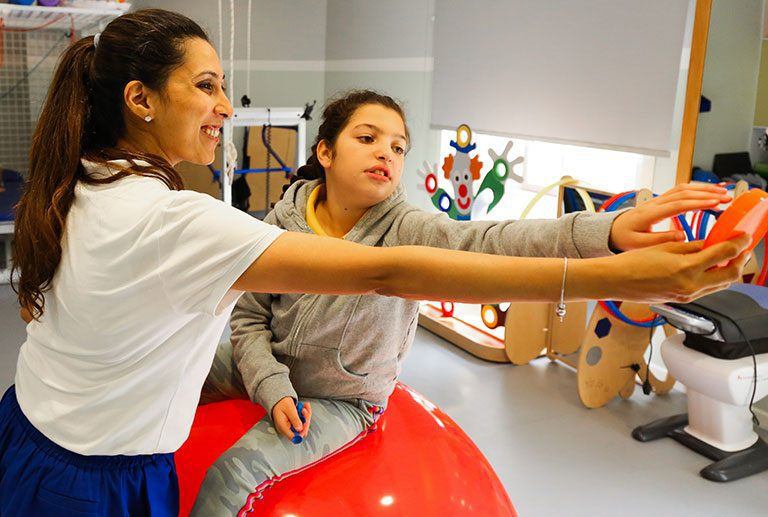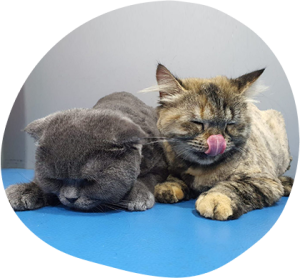
Pediatric physical therapy is a good resource for children who need help improving their physical abilities and achieving developmental milestones. To ensure that children gain the maximum benefit from their therapy sessions, parents and caregivers can follow several key strategies. Find here some tips to get the most out of pediatric physical therapy.
Active participation
Active participation from both the child and the parents is essential. Parents should attend therapy sessions whenever possible to observe the activities and techniques used by the therapist. This allows them to understand the therapy process and replicate the exercises at home, reinforcing the skills being developed during sessions.
Consistency is key
Consistency plays a vital role in the success of pediatric physical therapy. Regular attendance at scheduled therapy sessions ensures steady progress. Additionally, incorporating therapeutic exercises into the child’s daily routine helps maintain consistency. Setting aside specific times for these exercises can make them a natural part of the child’s day.
Establish achievable goals
Setting clear, achievable goals is fundamental in pediatric physical therapy. Collaborate with the therapist to identify short-term and long-term goals tailored to the child’s needs. These goals provide direction and motivation, allowing both the child and the parents to track progress and celebrate milestones.
Create a positive and encouraging environment
Creating a positive and encouraging environment at home can significantly impact the child’s engagement and motivation. Celebrate small achievements and progress, no matter how minor they may seem. Positive reinforcement, such as praise or rewards, can boost the child’s confidence and willingness to participate in therapy activities.
Incorporate play and fun
Children are more likely to engage in physical therapy exercises if they are enjoyable and playful. Work with the therapist to incorporate fun elements into the exercises. Use toys, games, and creative activities to make the therapy sessions more engaging. Play-based therapy keeps the child interested and also improves their learning and development.
Communicate with the therapist
Open communication with the physical therapist is important. Share any observations, concerns, or questions you have about the therapy process. This helps the therapist tailor the sessions to the child’s evolving needs. Regular feedback from parents also provides valuable insights into the child’s progress and any challenges they may be facing at home.









